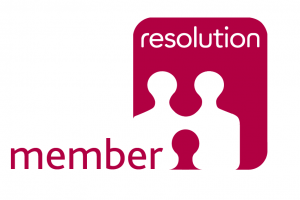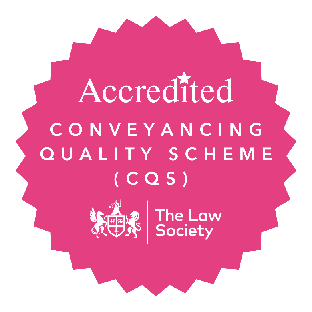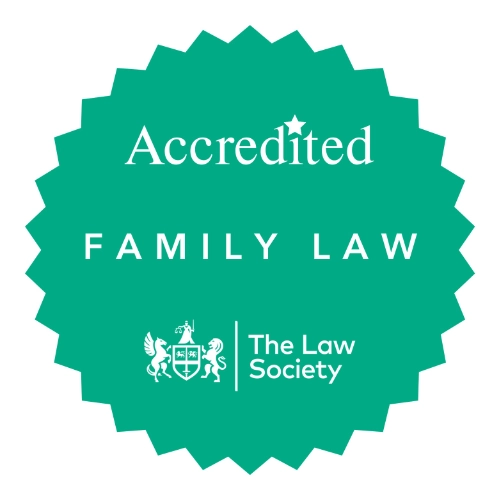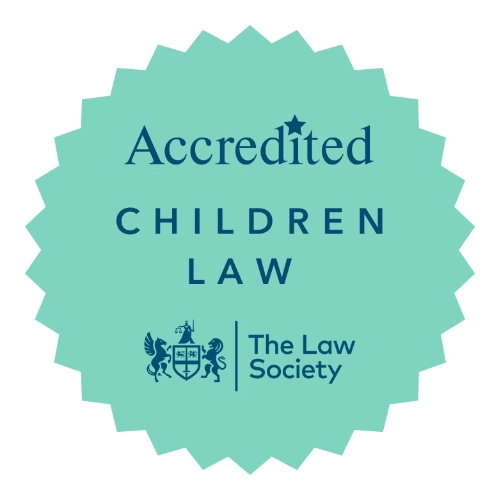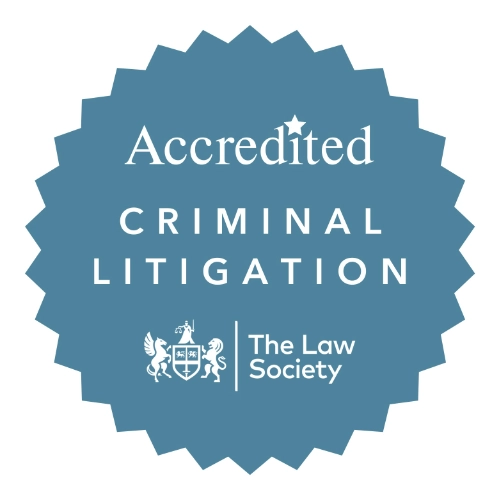Request a call back
Data & Privacy Information
Probate and administering an Estate
Although many estates appear to be quite straightforward, the list of tasks to be dealt with following a death can be daunting � especially whilst dealing with the loss of a loved one. It can be difficult to know where to start and what to do.
Here at Dodds our team of Wills and Probate Solicitors can sympathetically and efficiently help you to deal with any part of the process � allowing you the time to grieve.
What is Probate?
The word �Probate� is often used to describe the whole process of sorting out the �estate� of a person who has died which can be a little misleading.
A Grant of Probate is a document, issued by the Court, which is evidence that the person(s) named in it can legally deal with the deceased person�s �estate�.
A Grant of Probate is only issued by the Court when the deceased person left a Will. If there is no Will then a grant of �Letters of Administration� is issued instead.
Both types of �Grant� are effectively Certificates which are stamped with the Court Seal and which name the person(s) who will deal with the deceased�s affairs.
What is the ‘Estate’?
The �Estate� is simply everything that is owned by a person who has died and may include, for example:
- Property � their home or land;
- Money � this can be cash in the home or money held in bank or building society accounts;
- Stocks and shares;
- Premium Bonds or other National Savings Investments;
- Personal possessions such as a car, jewellery, paintings or other valuables in the home;
- Life insurance policies (if they don�t pay out to a specified person);
- Money owed to the person who has died.
When is it necessary to obtain a Grant of Probate or Letters of Administration?
In many cases, sorting out the affairs of a loved one who has passed away will be straightforward and it may not be necessary to obtain a Grant. For example, a married couple may own a house jointly and have all of their investments in joint bank accounts. Should one of them die then assets held in this way pass automatically to the survivor.
A Grant is usually required if there is property in the estate such as a house, flat or land held in the sole name of the deceased or if there are savings or investments over a certain level in the deceased person�s sole name.
Administering an Estate
The process of �administering� an Estate can be complex and time consuming depending on the individual circumstances of the deceased. The Executor or Administrator may need to carry out some or all of the following steps:
1. Establish if there is a valid Will in place. A Will should name at least one �Executor� (although there can be up to four) and it is the Executor who is legally responsible for dealing with the administration of the estate. In cases where there is no Will the �Intestacy Rules� apply. This set of rules lists, in order of priority, the next of kin who inherit the estate and who are also legally entitled to deal with the administration of the estate;
2. Identify all the deceased person�s assets (property, savings, stocks and shares, insurances and personal possessions) and all of their liabilities (debts such as mortgages, loans, utility bills, pension or benefits overpayments) to establish the value of the estate and also to verify who is entitled to inherit from the estate (for example, where assets are held �jointly);
3. Determine whether any Inheritance Tax has to be paid and, if applicable, arrange for the payment to be made to HM Revenue and Customs within the permitted time frame;
4. Once any Inheritance Tax has been paid or if the estate is not taxable then an application can be made for the Grant of Probate or Letters of Administration;
5. When the Grant is issued the Executor or Administrator can collect in the assets and pay any liabilities;
6. Before dealing with the distribution of the estate to the beneficiaries the Executor or Administrator must ensure that any Capital Gains Tax, Income Tax or additional Inheritance Tax is paid;
7. Prepare �Estate Accounts� to show all payments into and out of the estate;
8. Finally, the estate can be distributed amongst the beneficiaries named in the Will or entitled under the Intestacy Rules.
How can we help?
Here at Dodds Solicitors our team has a wealth of experience in dealing with the administration of estates and offer a range of services from simply obtaining the Grant on your behalf through to dealing with the full administration process.
Our fees for obtaining a Grant are �700 plus VAT (where no Inheritance Tax account is required). In addition, there is a Court Fee of �300 plus �1.50 for each extra Court Sealed copy of the Grant.
All other services are charged on the basis of the amount of time spent and a full estimate is given at the outset. We do not charge a percentage of the value of the estate.
Get In Touch
Give our team a call on 0116 201 8566 or contact us through our online enquiry form on our contact page.
Services
Why Choose Us?
Over 30 years' experience
LOCAL FIRM RUN BY LOCAL PEOPLE
MORE THAN FIFTY 5 STAR REVIEWS
LEGAL SERVICES
OTHER SERVICES
We cover a range of legal services here at Dodds Solicitors. We provide expert advice and professional legal services for clients in and around Leicester.
Contact us today, or give our office a call on 0116 201 8566.


